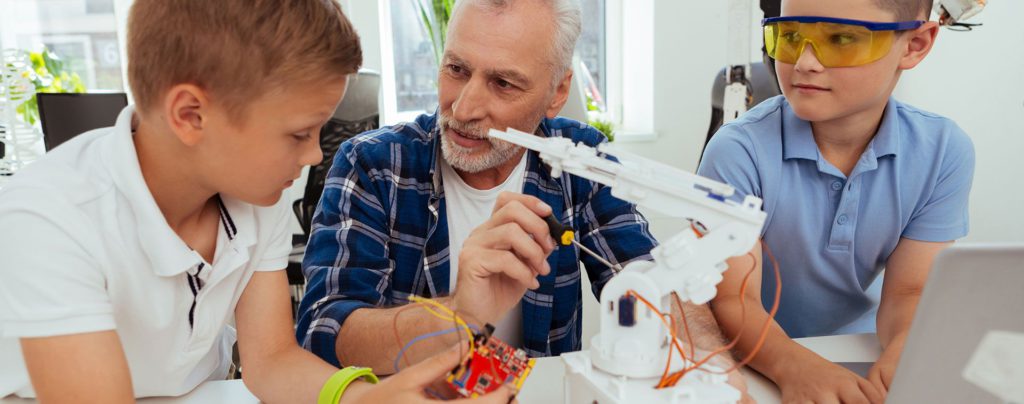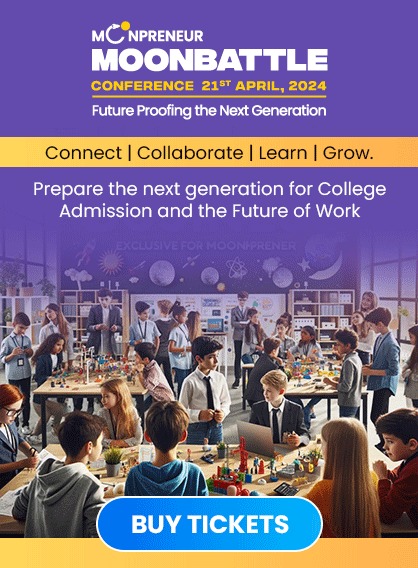Update: This article was last updated on 15th April 2024 to reflect the accuracy and up-to-date information on the page.
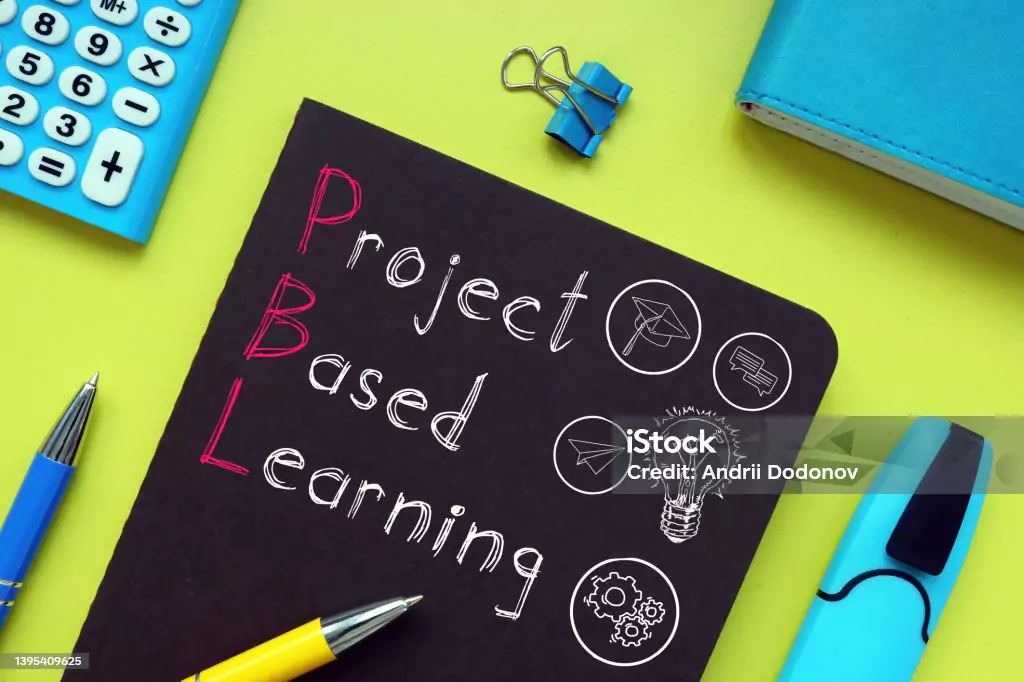
Parents and teachers, you might have heard about “project-based learning.” But what is it? Why is it important for your child’s education? Why are schools excited about it? Let’s explore these questions and learn about the importance and benefits of project-based learning in this article.
What is Project-Based Learning?
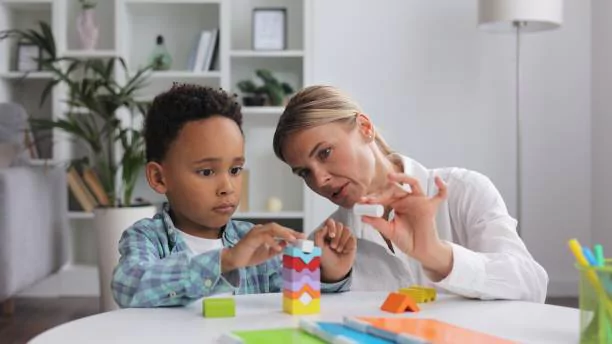
Project-based learning (PBL) in Early Childhood Education revolves around hands-on projects. It engages children in designing, developing, and constructing practical solutions to real-world problems. For instance, children can apply numeracy skills by counting grocery ingredients for meal preparation.
PBL’s educational value lies in its holistic approach to child development. It supports social, emotional, physical, mental, and intellectual growth. Through enjoyable projects, PBL instills a passion for learning, fosters creative and critical thinking, and delivers proven benefits across all educational levels.
The Benefits of PBL
PBL helps kids learn skills they need for the future, especially with technology like AI and automation. The old way of memorizing facts isn’t enough anymore. Kids need a mix of basic skills like reading and math, along with 21st-century skills like creativity, problem-solving, teamwork, etc. With these skills, they can take charge of their learning with help from teachers.
PBL helps in developing the following skills:
Practical Skills:
Project-based learning lets kids use their math, reading, and science skills in real-life situations. This helps them understand these subjects better and see how they apply in the real world. For example, a gardening project where they count seeds or read planting instructions reinforces math and reading in a fun way.
Working Together:
Kids learn to work in teams and get along with others. They learn to listen, share ideas, and solve problems together. For instance, a LEGO robot city-building project teaches teamwork and communication as kids decide what to build and where.
Being Creative:
Projects encourage kids to think creatively and find new solutions. They learn to solve problems and become better at thinking for themselves. For example, a project about starting a business teaches kids to come up with creative ideas and solve real-world problems.
Understanding the World:
Kids learn about the world and important skills for the future. They learn to think critically, work together, and make decisions. For example, a project about recycling paper helps kids understand sustainability and prepares them for the future.
Characteristics of PBL
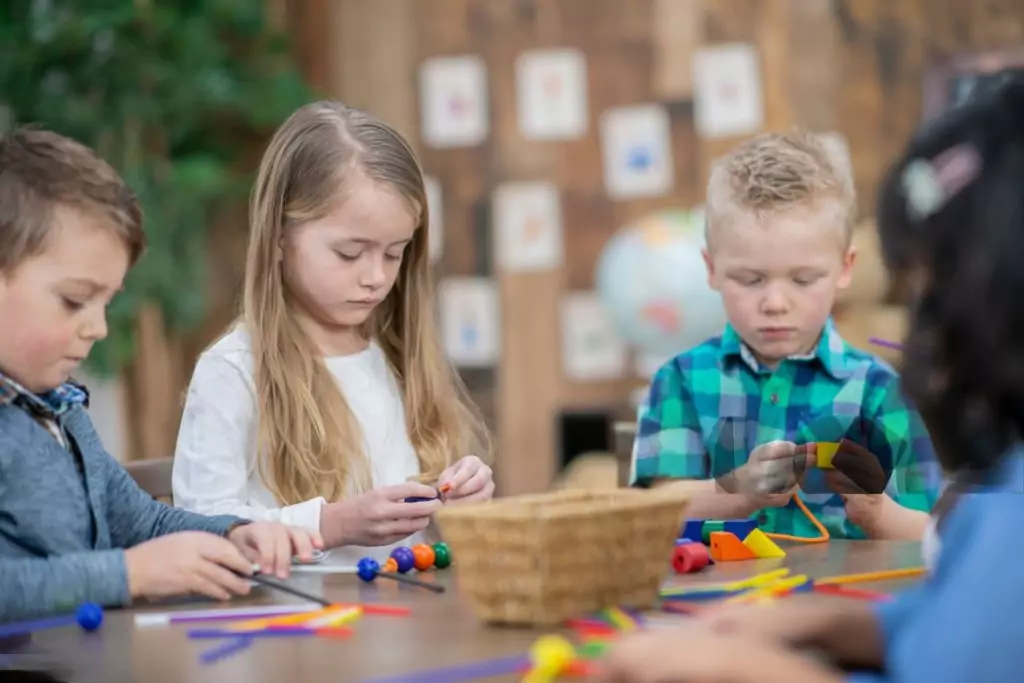
Here are the main characteristics of PBL that help with deeper and experiential learning.
Interdisciplinary Approach
PBL’s main focus is to engage students with real-world problems. Real-world challenges are rarely solved by using information or skills from one specific subject area and this is why PBL offers a holistic interdisciplinary approach. Projects require students to engage in research, inquiry, solution development, and product construction to help address real-world problems and challenges presented to them. Naturally, when students engage in such projects, they utilize knowledge and skills from a wide variety of academic domains.
Student-centered
In traditional learning, the teacher usually takes on the role of a content-deliverer but in PBL, a teacher becomes a facilitator and/or project manager. Students get to work more independently throughout the process of working on their projects. Teachers usually step in only when it’s required. The best part about engaging in PBL is that it encourages students to make their own decisions on how best to work on their projects and demonstrate their understanding. This methodology fosters student independence, the development of 21st-century skills (as discussed above), and ownership of their work.
Thorough Learning
Unlike traditional learning which requires good recall and recognition, PBL requires the practical application of knowledge and skills. PBL is the complete opposite of rote learning. PBL is more complex and can easily be used to assess how students apply a wide variety of academic content in different contexts. Project-based learning usually begins with inquiry. The stage that involves inquiry directly leads to deeper learning because it involves the use of content in real-world applications. Inquiry can also help students develop practical solutions that address the problems and challenges of the particular project. Ultimately, students can create products that communicate solutions to audiences based on the application of content and skills.
The process of PBL
PBL usually involves a holistic 9-step process explained below.
- A teacher/mentor/coach initiates the process by providing students with real-life examples of projects.
- Students then take on the role of project designers. They also establish a forum for discussion, display, or competition.
- Students accumulate background information and discuss requirements for their designs.
- The teacher/mentor/coach and students negotiate the criteria for project evaluations.
- Students then start accumulating the materials required for their projects.
- Students create their projects.
- Students start preparing to present their projects.
- Students present their projects to peers.
- Finally, students reflect on the entire process and evaluate their projects based on the evaluation criteria established earlier.
Why is PBL important?
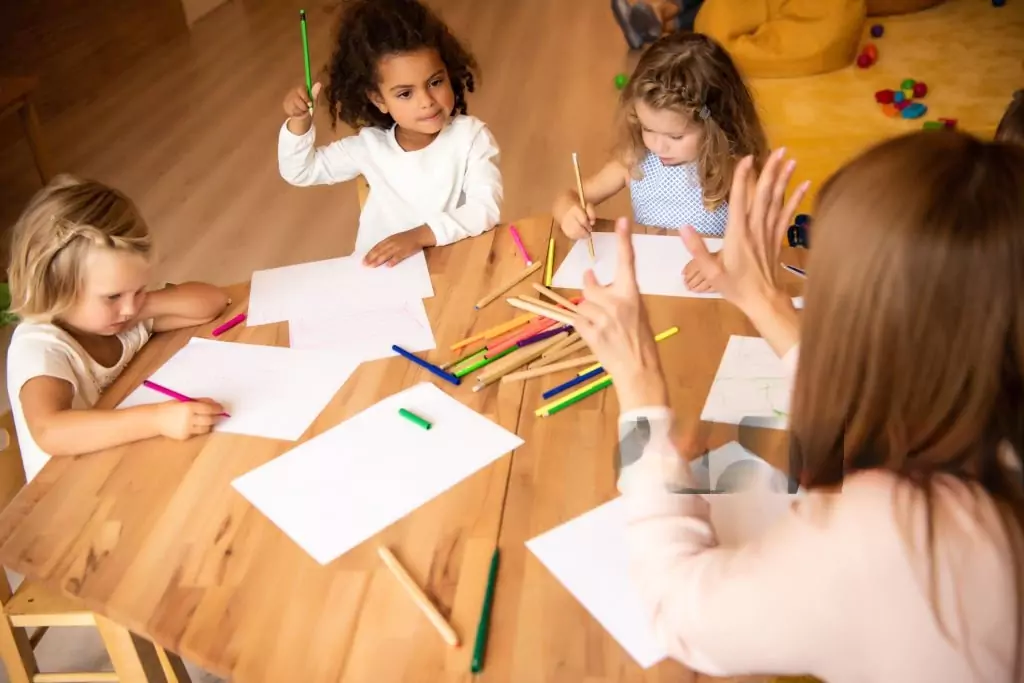
Research shows that PBL boosts student achievement and keeps them interested in learning. It also prepares them for college and careers. In the United States, many schools are adopting Project-Based Learning (PBL) in their curriculum. Here’s why PBL is important in education:
- Students learn in a meaningful way by doing real-life projects. It can include different subjects and helps students see how everything connects.
- Students get a chance to work on projects that relate to real-life situations and jobs. This helps them understand concepts better and prepares them for the future.
Moonpreneur Pioneering PBL
Moonpreneur’s Innovator program embraces PBL as a core component. Our program focuses on STEAM learning (Science, Technology, Engineering, Arts, and Math), self-discovery, and exploration. Designed by experts, our program aims to help kids discover their interests and experiment with new concepts.
We guide kids through the entire process of creating tangible products and starting their businesses. With PBL at its core, our program encourages kids to identify real-world problems and develop innovative solutions. Graduates of our program have already launched successful products.
Inspire your child’s future in technology and entrepreneurship with Moonpreneur’s robotics course! Dive deeper into parenting and educational insights on our blog, and join us in nurturing the next generation of innovators. Explore our programs today!


